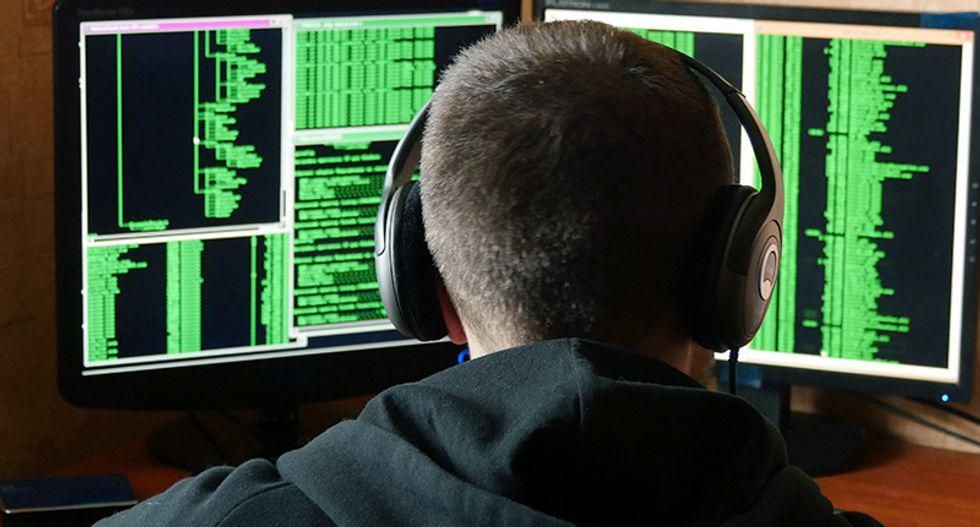Research from a former CIA officer indicates that the spy agency is finding traditional spies useless in a digital age.
NBC News reporter Ken Dilanian revealed that the report concluded that human spies on the ground are an outdated way of doing the business of spying in the modern world.
"The very idea of a globally dispersed cadre of undercover officers operating in the shadows, away from prying eyes, is obsolete," said retired CIA officer Duyane Norman, who spent 27 years at the agency. One of his projects included anticipating future espionage.
Arrested or killed American spies have been thwarted due to a technology revolution that "makes it all but impossible to maintain false identities and disguise relationships," said the report. With social media, cell phones, facial recognition and massive data centers sifting through data in real-time, the options for spies are quickly shrinking.
An American can't go from posting thousands of photos of themselves and their life to moving to China under an alias when the country has surveillance with facial recognition cameras everywhere.
"You need to fundamentally reinvent the business," Norman said. "If you are in the auto industry and basing the future on a better fossil fuel engine, then you have fundamentally missed the boat of where the auto industry is going."
The world has witnessed as activist hackers exposed illegal behavior and corruption. But at the same time, both Chinese and Russian spies have been arrested in the United States in the past four years. Maria Butina posed as a gun-rights activist, cozying her way into the NRA and into relationships with prominent Republican Party donors and leaders. Meanwhile, a Chinese spy targeted Democrats, specifically a California congressman who ultimately began working with the FBI after learning of her identity.
Those stories track with opinions from current and former intelligence officials who say that a digital footprint could be spoofed.
"The landscape of course has challenges, but with those challenges also come opportunities," a CIA official told Dilanian. "Human intelligence is very much alive."
Norman agrees that the U.S. technology is top-notch but explained that the agency can't keep up with global surveillance, 5G networks and the "internet of things," which are like smart home technologies.
"The U.S. intelligence community needs a radical reimagining to succeed in this new era," cited Hoover Institute fellow Amy Ziegart. "In the past, advantage came from stealing secrets. Secrets still matter, but advantage more and more derives from harnessing open information available to anyone and from human thinking, augmented by machines, that can sift through enormous troves of data to find hidden patterns."
Leave a Comment
Related Post
